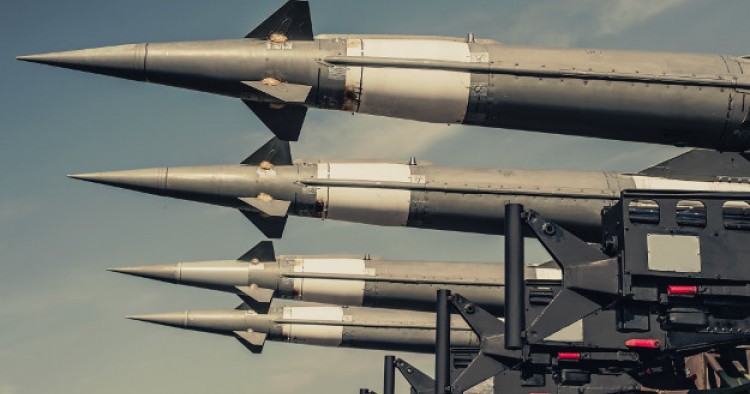The Iranian defense minister today claimed that the country has achieved self-sufficiency in the field of producing military hardware, particularly ballistic missiles, the Iranian media reported. “Today, we have reached a point that we can design and produce all of our needs in the area of ballistic and cruise missiles,” Brigadier General Hossein Dehghan said at a gathering in Tehran. “We have cruise missiles with a range of 300 km,” he added. The defense minister further claimed that Iran’s military power deters enemies’ hostile acts.
Separately, the Iranian Foreign Ministry spokesman also reiterated that Tehran will continue to work on its defense capabilities and will further enhance its missile program. Bahram Ghassemi criticized latest statements by U.S. Secretary of State Rex Tillerson, who called on newly-reelected President Hassan Rouhani to end the country’s ballistic missile tests. “The remarks about our country’s missile program are inapt and wrong” the spokesman added. “In line with our national policies, we will continue our defense program, which is deterrent and contributes to stability and security in the region and the campaign against terrorism, with full power and will not allow others to talk about the issue,” he noted.
Comment: Although the Trump administration has warned Iran to halt its controversial ballistic missile program and has imposed new sanctions on the country’s entities associated with the program, Tehran has only doubled down on its defiance. The Iranian defense minister’s remarks come a day after another senior Iranian military official announced that the country had recently built a third underground ballistic missile production factory. “We will increase our missile power. Our enemies, the United States and the Zionist regime (Israel) are naturally upset and get angry at our missile production, tests and underground missile facilities because they want Iran to be in a weak position," Brigadier General Amir Ali Hajizadeh told a public gathering in the southwestern Iran yesterday.
There is a consensus among political and military leaders in Tehran to continue and further advance Iran’s missile technology at any cost. At the first press conference since winning reelection, President Hassan Rouhani said on Monday that the Islamic Republic would continue its ballistic missile program despite Washington’s concerns. “American authorities should know that whenever we need to test a missile for technical reasons, we will carry it out. And we will not wait for them or their permission,” he said defiantly after U.S. and Saudi leaders criticized Tehran’s regional policies at the Riyadh summit.
Earlier this month, Iran’s Supreme Leader Ali Khamenei also stressed that his country will further enhance its missile power “We have missiles and they are very precise. They can hit targets with precision from thousands of kilometers away. We will forcefully preserve and enhance this capability,” he emphasized.
While the nuclear agreement does not address Iran’s missile program, a subsequent U.N. Security Council Resolution 2231 “calls upon Iran not to undertake any activity related to ballistic missiles designed to be capable of delivering nuclear weapons, including launches using such ballistic missile technology.” Iranian leaders argue that the country’s missiles are not designed to carry nuclear warheads, but U.S. officials say some of the missiles Iran has tested after the 2015 nuclear deal have been "inherently capable of delivering nuclear weapons" and are "in defiance of" the U.N. resolution.
Iran’s Sunni Gulf neighbors and Israel also repeatedly raise concern about Iran’s ballistic missile program and see it as a threat to regional security and stability.
The Middle East Institute (MEI) is an independent, non-partisan, non-for-profit, educational organization. It does not engage in advocacy and its scholars’ opinions are their own. MEI welcomes financial donations, but retains sole editorial control over its work and its publications reflect only the authors’ views. For a listing of MEI donors, please click here.












